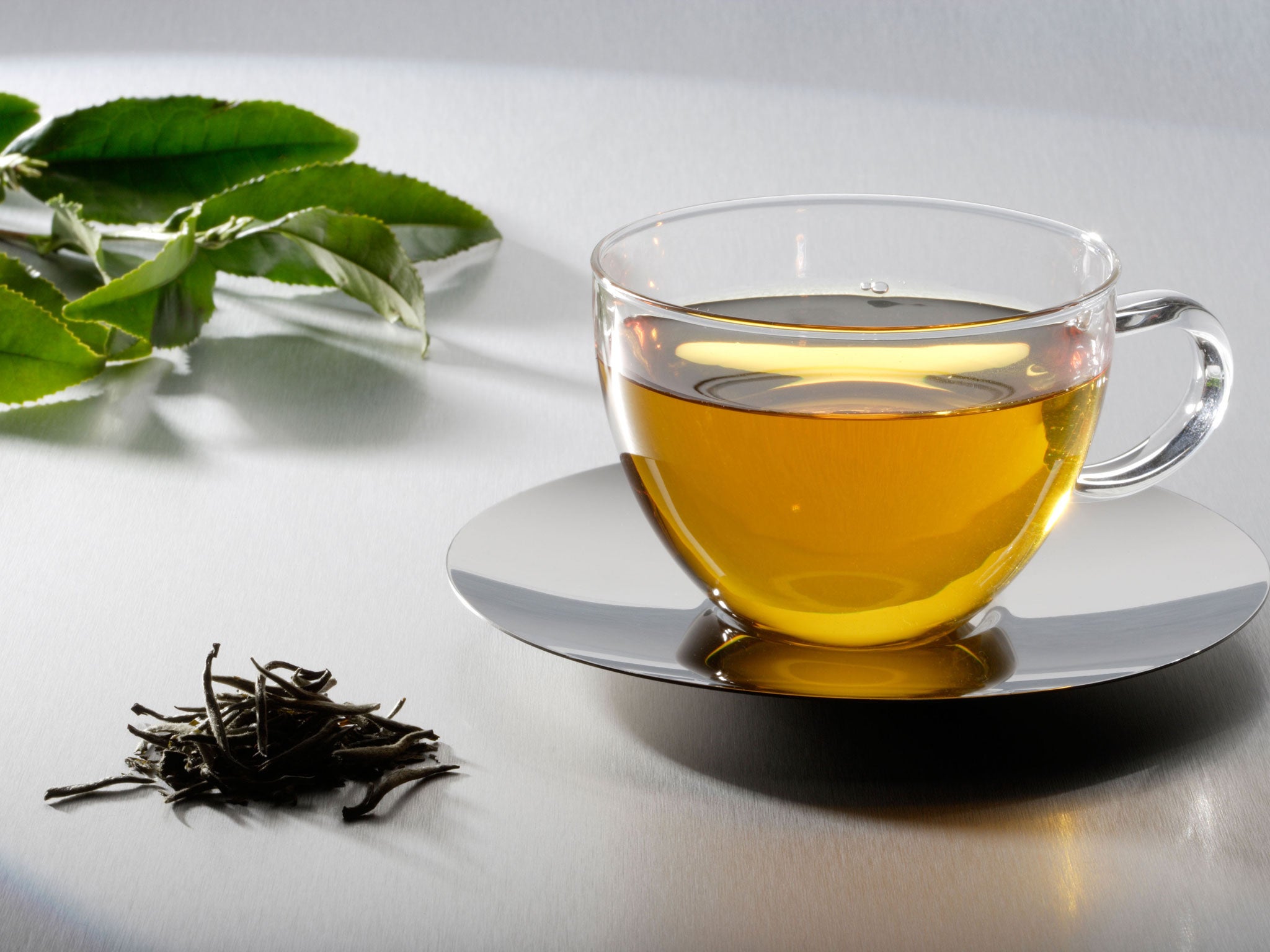Change brews for the Great British Cuppa
Soaring global demand, climate change, more speciality teas – it can only mean prices will go up

Most people think that, in an uncertain world, the one true constant is the reassuring Great British Cuppa. They would be wrong. In the future, our brew, our Rosie Lee, will be more expensive, increasingly imported from Africa, and picked not by hand but by machines.
These are the predictions for Britain's favourite drink in the coming decades by some of the biggest names in the tea industry. An explosion in luxury speciality teas is also forecast, with the traditional builders' brew being passed over for the finest Lapsang Souchong by younger tea drinkers.
Last month, two of the world's biggest tea manufacturers, Unilever, which owns PG Tips, and Tetley's parent company Tata, met with a string of other firms and organisations to discuss how the world of tea is changing and the potential threats facing it. During this global collaboration, dubbed the Tea 2030 project, it emerged that British consumers could soon see the price of their cuppa rise.
Experts say one of the developments threatening to push up the cost is the demand from Middle Eastern countries which are willing to pay more than Britain for tea imports. The majority of British tea now comes from east Africa – a trend which is expected to grow. This contrasts to the 1950s when 80 per cent came from India and Sri Lanka.
In 2011, both Pakistan and Egypt overtook Britain as Kenya's biggest tea markets, consuming around 80,000 tonnes each in that year alone. The chairman of the International Tea Committee, Mike Bunston, warned that, if demand from the new markets increases to a level which tea suppliers struggle to meet, then prices will go up. He said: "We've reached the situation where the world demand for tea has increased so much that the amount of tea being produced and the amount of tea being consumed is almost identical. There is a very fine balance. So if that tips, then the price of tea will go up."
The impact of climate change on tea crops is another threat that could result in Brits having to pay more from their tea. Ian Brabbin, head buyer at Yorkshire Tea, said: "What we will see is more volatility in the market. Ten or 20 years ago, weather patterns were much more predictable and you could predict how much each country was going to produce." And Dr Sally Uren, from the think tank Forum for the Future, which organised Tea 2030, said: "Extreme weather events are going to become more usual, so I would say that one certainty is that the price of tea will go up. But whether it will go up beyond people's reach – I doubt that very much."
Mr Brabbin said the competition for the best varieties is also expected to become fiercer, with tea producers in India and China now preferring to sell to their own populations rather than export it. There is also a fear that the quality of some tea supplies may drop with the rise in mechanically rather than hand-picked tea leaves. Sarah Roberts, from the Ethical Tea Partnership, said: "Latin America is almost entirely mechanised now." Industry insiders also predict that the humble teabag may see itself increasingly pushed aside in favour of speciality teas, whose popularity is increasing at the rate of 7 per cent a year, particularly among young consumers.
Subscribe to Independent Premium to bookmark this article
Want to bookmark your favourite articles and stories to read or reference later? Start your Independent Premium subscription today.

Join our commenting forum
Join thought-provoking conversations, follow other Independent readers and see their replies